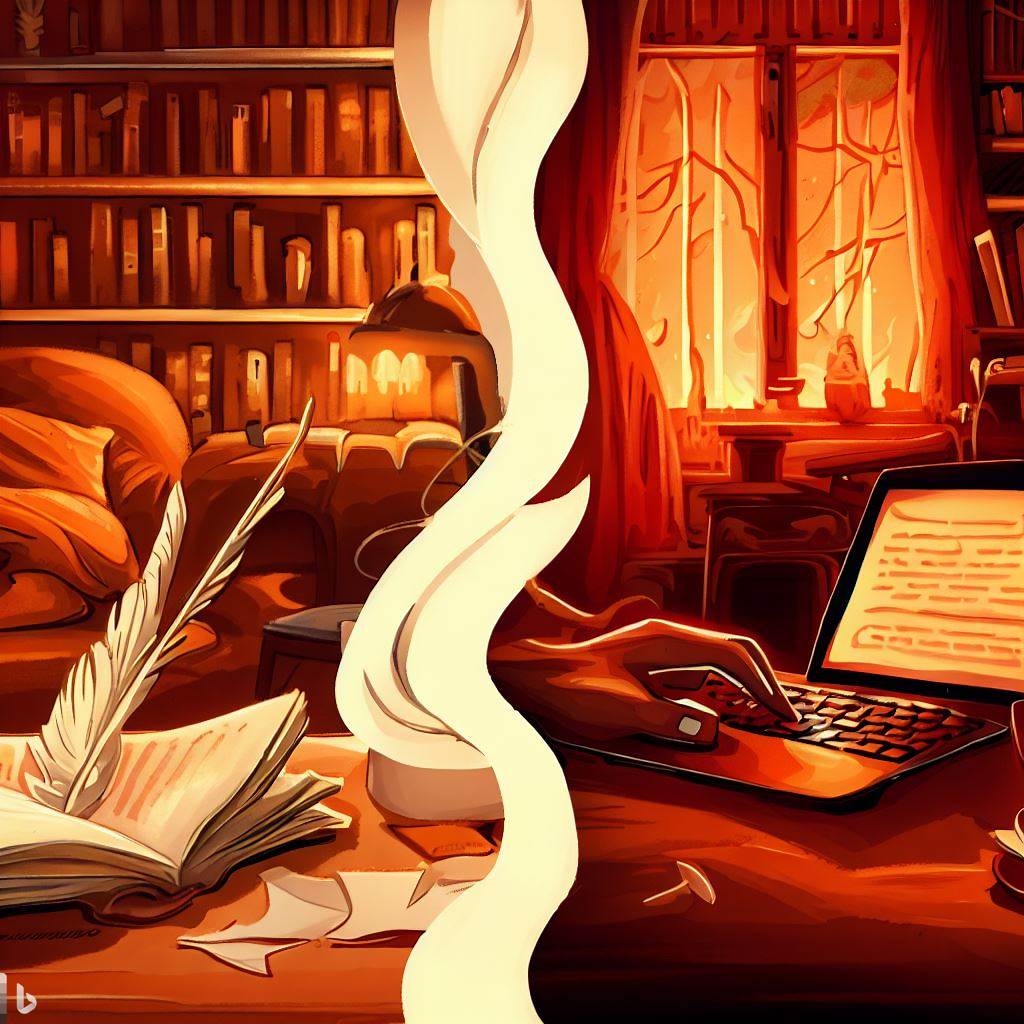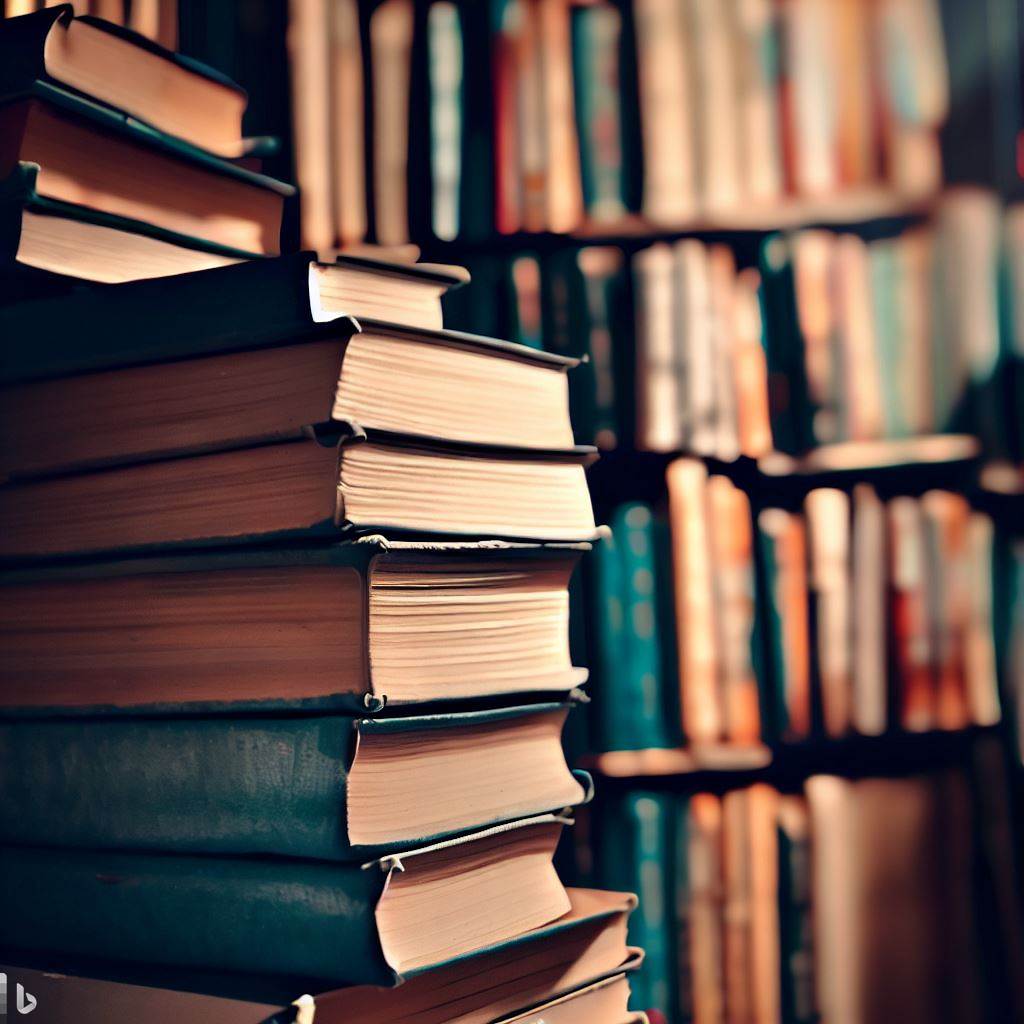Introduction
Have you ever felt an inexplicable connection to a book? A story that has spoken to your heart, a tale that has captured your imagination? Classic literature has a magical way of doing that. Embarking on a journey into the realm of classic literature is a rewarding and enriching experience that can open your mind to new perspectives and ways of thinking. In this beginner’s guide, we’ll explore the world of classic literature and introduce you to the art of literary analysis.
What is Classic Literature?
Defining Classic Literature
Classic literature refers to the body of written works that have stood the test of time, transcending cultural, social, and linguistic barriers. These books have shaped the course of human thought and have served as a foundation for modern literature.
Why Classic Literature is Timeless
What makes these works timeless is their ability to resonate with readers across generations. Their themes and messages hold relevance in contemporary society, touching the hearts and minds of people from all walks of life.
Understanding Literary Analysis
The Purpose of Literary Analysis
Literary analysis is a method of examining and interpreting written works to gain a deeper understanding of their meaning, themes, and structure. It helps us appreciate the beauty and complexity of classic literature and enriches our reading experience.
Types of Literary Analysis
There are several approaches to literary analysis, including:
- Formal analysis, which focuses on the structure, language, and style of a work
- Thematic analysis, which examines recurring themes and motifs
- Character analysis, which explores the traits and motivations of characters
- Comparative analysis, which involves comparing two or more works to identify similarities and differences
Preparing for Literary Analysis
Choosing a Classic Work
Your journey begins with selecting a classic work to analyze. Choose a book that sparks your curiosity and resonates with you emotionally. The more connected you feel to the work, the more enjoyable and fulfilling your analysis will be.
Researching the Historical Context
Understanding the historical and cultural context of a classic work is crucial for a well-rounded analysis. Delve into the author’s background, the time period in which the work was written, and the social and political climate of that era.
Note-taking Techniques
Effective note-taking is essential for organizing your thoughts and observations. Develop a system that works for you, whether it’s highlighting passages, jotting down notes in the margins, or using a separate notebook.
Approaching Classic Literature
Understanding Themes
Themes are the central ideas and messages that a work explores. Identifying themes will help you recognize patterns and connections within the text and deepen your understanding of the author’s intentions.
Character Analysis
The characters in classic literature are the vessels through which the author communicates their ideas and emotions. Examine the characters’ personalities, motivations, relationships, and transformations to understand their role in the story and their impact on the overarching themes.
Symbolism and Motifs
Symbolism and motifs are elements that recur throughout a work and contribute to its meaning. They can be objects, images, or events that hold deeper significance beyond their literal interpretation. Identifying symbols and motifs can unveil layers of meaning and enhance your emotional connection to the text.
Narrative Structure
The narrative structure of a classic work is the way in which the story is organized and presented. Examine the chronology of events, shifts in perspective, and the use of literary devices to understand how the author has crafted their story to evoke specific emotions and insights.
Language and Style
The language and style of a classic work are essential components of its emotional impact. Pay attention to the author’s word choice, sentence structure, and figurative language to appreciate the beauty and power of their writing.
Practicing Literary Analysis
Annotating the Text
As you read, annotate the text by underlining or highlighting significant passages, noting down your thoughts and questions, and marking any patterns or connections you observe. This will help you engage more deeply with the text and make the analysis process more efficient.
Formulating a Thesis
A thesis is a central argument or insight that you will explore and defend in your analysis. Based on your observations, develop a thesis that captures the essence of the work and reflects its emotional resonance.
Outlining and Drafting
Create an outline that organizes your ideas and evidence to support your thesis. This will help you structure your analysis and ensure that your argument flows logically and coherently. Then, begin drafting your analysis, incorporating textual evidence and engaging the reader with your insights and emotions.
Conclusion
Embarking on the journey into the world of classic literature and literary analysis is a transformative experience that will deepen your emotional connection to these timeless works. As you delve into the complexities and beauty of these stories, you’ll not only develop your analytical skills but also gain a profound appreciation for the power of literature to move and inspire.
FAQs
- How do I choose the right classic work for me?
- Choose a book that sparks your curiosity and resonates with you emotionally. You’ll find the analysis more enjoyable and fulfilling if you feel connected to the work.
- Can I analyze multiple works at once?
- While it’s possible to analyze multiple works simultaneously, it’s best to focus on one at a time, as this allows for deeper engagement and understanding.
- How long does it take to become proficient in literary analysis?
- Proficiency in literary analysis comes with practice and patience. The more you read and analyze, the better you’ll become at identifying and interpreting the nuances of classic literature.
- Do I need a background in literature to analyze classic works?
- While a background in literature can be helpful, it’s not necessary. A genuine interest in the works, a willingness to learn, and the desire to engage with the text are the most important factors for success.
- What are some common challenges in literary analysis, and how can I overcome them?
- Some common challenges include identifying themes, interpreting symbolism, and understanding the historical context. To overcome these challenges, be patient, practice close reading, and conduct thorough research.



